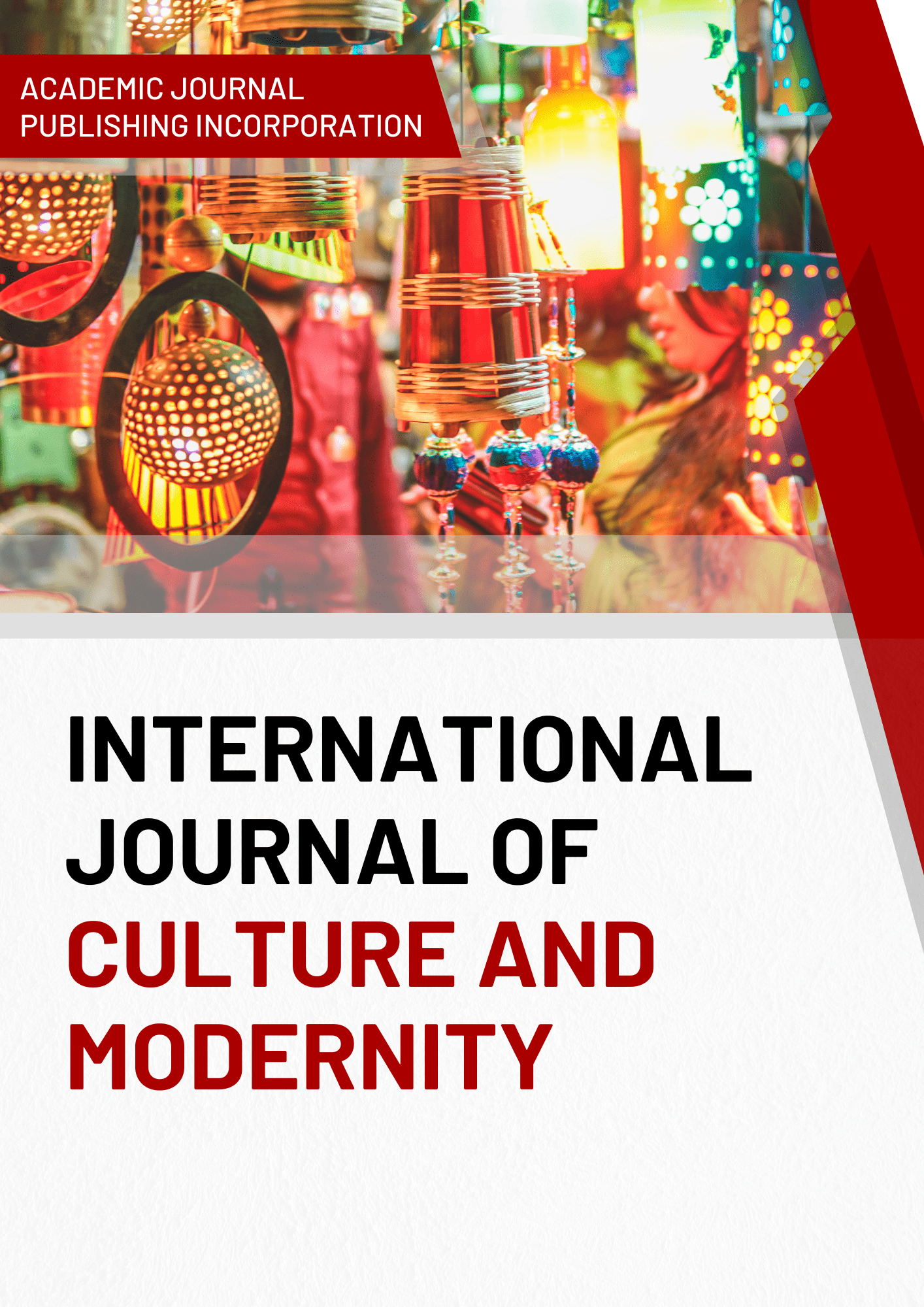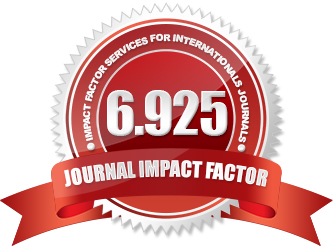THE NECESSITY TO TRANSFER THE EXPLANATORY DICTIONARIES TO THE COMPLETE ELECTRONIC FORM
DOI:
https://doi.org/10.51699/ijcm.v35i.612Keywords:
: Electronic dictionaries, printed dictionaries, thesaurus, digital dictionaries, innovative dictionariesAbstract
Dictionaries are a list in which the pronunciation, formal expression, and meanings of lexical units are explained in detail by examples based on the speech skills of a particular language group. Among them, the most modern type are electronic dictionaries. The article is devoted to the condition of the existing explanatory dictionaries created so far in Uzbek linguistics as an example of the lexeme “yur”(go), the necessity and importance of transitioning to the form of a fully electronic thesaurus dictionary. Here, the thesaurus of the lexeme "walk" is given in the form of a sample, and the synonyms, antonyms, etymological and phraseological meanings of the explanatory dictionaries in the existing print edition are collected in one place. As a result, in the electronic thesaurus dictionaries, not only the various meanings of the lexical units are explained in detail in one place, examples of the paradigmatic semes of the lexeme “yurmoq”(go) not recorded in the speech process are given in the existing explanatory dictionaries. In addition, this article mentions the advantages of electronic dictionaries compared to printed dictionaries: excessive material costs are limited, new lexical units are added every year, pronunciation of language learners, It leads to a thorough and perfect mastery of the meanings of words, and as a result, they have the ability to independently create words in accordance with the norms of the literary language in oral and written form.
References
“Ўзбек тилиинг изоҳли луғати” (2008) 5-жилд. Тошкент: Ўзбекистон Миллий энциклопедияси, 5-jild 592 bet. 90-94-bet; (2020) 5-jild 592 bet. 90-94 -bet; (2022) 6-jild 862 bet. 287-292-bet.
James-Catalano, C.N. 1996. “The Virtual Wordsmith”, Internet World 7 (6), Pp. 30
Quoted in Dziemianko A. (2010) “Paper or electronic? The role of dictionary form in language reception, Production and the Retention of meaningand Collocations”, International Journal of Lexicography 23, no. 3. 257 p.
Nesi H. (2000) Electronic Dictionaries in Second Language Vocabulary Comprehension and Acquisition: the State of the Art. Proceedings of the Ninth EURALEX International Congress Stuttgart University, Stuttgart, Germany, August 8-12, 2000. European Association for Lexicography.
Rastislav, M. (2017) Electronic dictionaries for pronunciation practice by university EFL students Teaching English with Technology 17(4), P. 38-51, http://www.tewtjournal.org
Раҳматуллаев, Ш. (2000) Ўзбек тилининг этимологик лўғати. 1-жилд Тошкент: Университет. 600 б. 187-188-б.
Budykina, V. The role of electronic dictionaries in language acquisition, translation, and intercultural communication. Cетевой научно-практический журнал Вопросы теоретической и прикладной лингвистики Chelyabinsk State University Article January 2014 DOI: 10.18413/2313-8912-2014-1-2-144-149https://www.researchgate.net/publication/290355348.
Xolmanova, Z.T. (2019) Kompyuter lingvistikasi. –Toshkent. “Asian Book House” nashriyoti. 198b.
Qahharova S.A. “Yurmoq” fe’lining semantik tahlili O‘zMU xabarlari jurnali №3 2022. 219-223-b.






